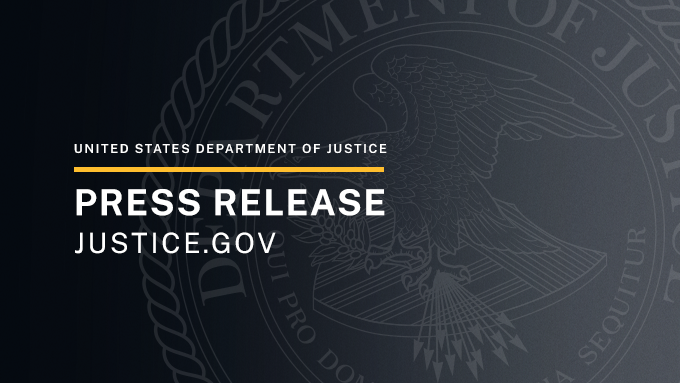What began as online conversations about violence has now landed a 25-year-old man from Tulsa, Oklahoma, in serious legal trouble.
Federal authorities have accused Andrew Scott Hastings of attempting to send 3-D printed weapons to someone he believed was tied to al-Qaida.
On Wednesday, a criminal complaint was unsealed after Hastings appeared before a federal judge.
He now faces charges of trying to provide material support to a designated foreign terrorist organization and illegally transferring a machinegun.
Online Posts Raised Red Flags
According to investigators, the FBI first learned about Hastings in June 2024, when he was spotted on a social media app discussing violent attacks against U.S. civilians in the name of global jihad.
Court records revealed that Hastings wasn’t just any online chatter.
He had served in the U.S. Army National Guard as an aircraft powertrain repairer and even held a national security clearance.
While in the Guard, he reportedly traveled abroad without notifying his superiors, which he was required to do.
Boasting About Weapons and Tactics
Federal documents say Hastings used online chats to encourage others to build both physical and cyber skills.
He allegedly offered more than 500 pages of notes and military manuals to those interested in learning about tactics and making weapons.
Authorities say Hastings claimed he had already been detained and interrogated by law enforcement, and even shared advice on how to avoid detection.
At one point, he allegedly spoke about building a firearm, showed interest in nuclear weapons, and praised the use of underground tunnels by militants—drawing comparisons to those used by Hamas in Gaza.
Undercover Operation Leads to Key Evidence
It wasn’t long before Hastings began speaking with someone he thought was connected to al-Qaida.
In reality, that person was an undercover FBI agent.
The two allegedly discussed 3-D printed firearms, “switches” that turn regular weapons into machineguns, and even drones.
Investigators say Hastings later provided a link to a website where he was selling those illegal devices.
Surveillance cameras then caught Hastings mailing packages from a postal facility.
Those boxes, according to court filings, contained more than 100 3-D printed switches, two handgun receivers, a handgun slide, and other parts—all meant to be supplied for potential terrorist use.
National Guard Exit and Ongoing Case
In the midst of the investigation, Hastings agreed to voluntarily leave the National Guard in June 2025.
Federal authorities say this did not stop their probe.
The case is being handled by the FBI’s Joint Terrorism Task Force in Oklahoma, with help from the Army Counterintelligence Command, the Bureau of Alcohol, Tobacco, Firearms and Explosives, and Tulsa police.
Prosecutors and Legal Path Ahead
The Justice Department confirmed the charges through Assistant Attorney General for National Security John A. Eisenberg, U.S. Attorney Clinton J. Johnson, and FBI Counterterrorism Assistant Director Donald Holstead.
The prosecution team includes Assistant U.S. Attorneys Nathan E. Michel, Matthew P. Cyran, and Christopher J. Nassar, supported by Trial Attorney Elisa Poteat from the National Security Division.
Officials reminded the public that at this stage, the allegations are just that—allegations.
Hastings remains presumed innocent unless and until proven guilty in court beyond a reasonable doubt.
